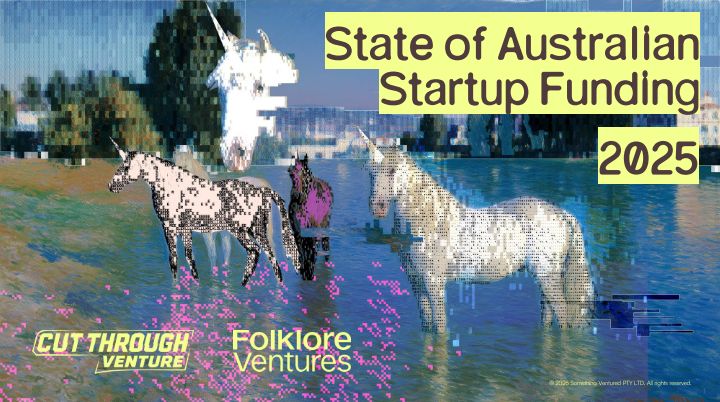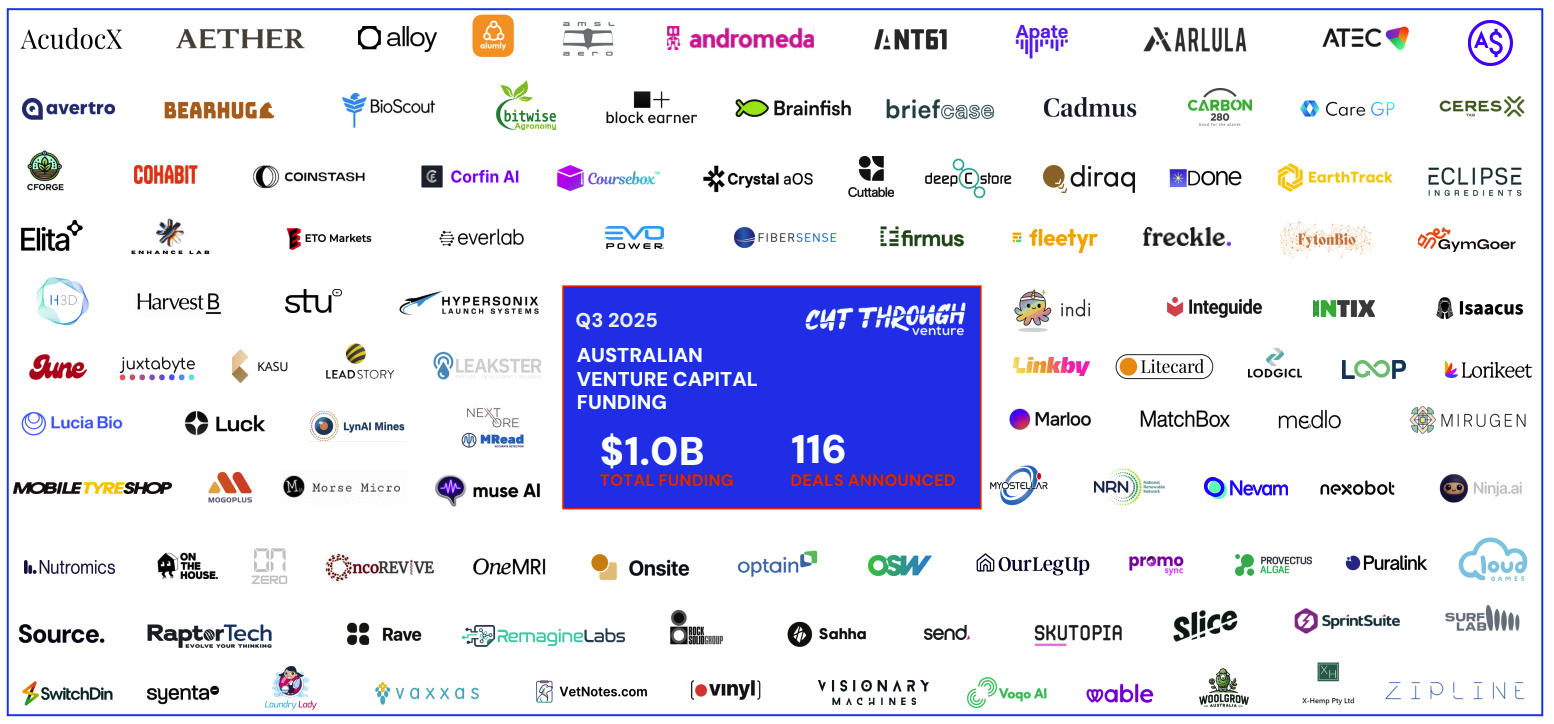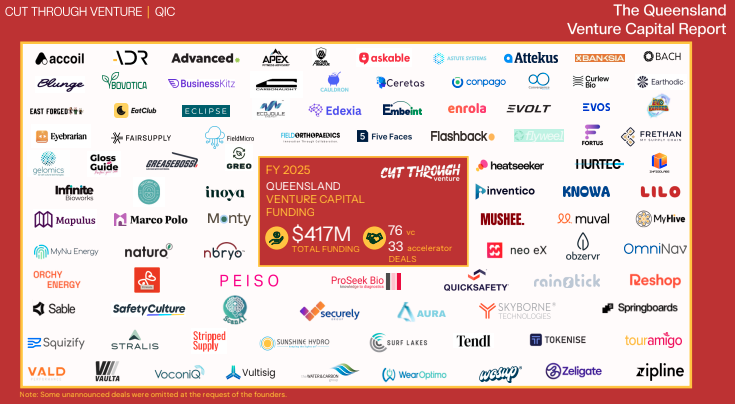Paul Graham is an American computer scientist, essayist, entrepreneur, venture capitalist, and author. He is best known for his work on the programming language Lisp, his former startup Viaweb, cofounding the influential startup accelerator and seed capital firm Y Combinator, his essays, and Hacker News.
Below is a summary of some of the highlights.
Silicon Valley: A Different Approach
Silicon Valley has become a place where new ideas are not automatically dismissed, and people have learned to treat them as a challenge to their imagination. This optimistic mindset, although rooted in self-interest, has grown into a form of benevolence and a social custom that supports ambitious startups.
Overcoming Our Own Skepticism
Graham acknowledges that our own skepticism is a powerful force to overcome, but he provides several techniques to help:
- Exaggerate the importance of your work and your role in it.
- Be slightly overconfident to compensate for other sources of error.
- Surround yourself with the right people, especially those working on similar projects.
- Find good teachers who can encourage and guide you.
- Focus on the rate of change rather than your current position.
- Start by considering your work as a less exacting type (e.g., a sketch, a quick hack).
- Use a medium that lets you work fast and doesn't require too much commitment upfront.
- Treat risky projects as learning experiences.
- Let curiosity drive you.
Teaching Ourselves the Value of Early Work
To better judge early-stage work, Graham suggests studying the histories of people who have achieved great work, focusing on their earliest steps. By learning from their journeys, we can teach ourselves to appreciate the true value of early work and become immune to both external skepticism and our own fear of failure.
You can read the full article here: http://www.paulgraham.com/early.html





